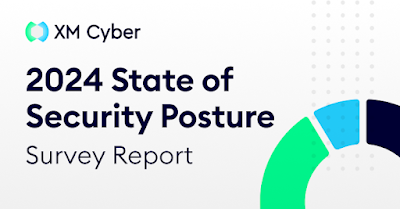A SaaS Security Challenge: Getting Permissions All in One Place
May 08, 2024Attack Surface / SaaS Security
Permissions in SaaS platforms like Salesforce, Workday, and Microsoft 365 are remarkably precise. They spell out exactly which users have access to which data sets. The terminology differs between apps, but each user's base permission is determined by their role, while additional permissions may be granted based on tasks or projects they are involved with. Layered on top of that are custom permissions required by an individual user. For example, look at a sales rep who is involved in a tiger team investigating churn while also training two new employees. The sales rep's role would grant her one set of permissions to access prospect data, while the tiger team project would grant access to existing customer data. Meanwhile, special permissions are set up, providing the sales rep with visibility into the accounts of the two new employees. While these permissions are precise, however, they are also very complex. Application admins don't have a single screen within these applications th









